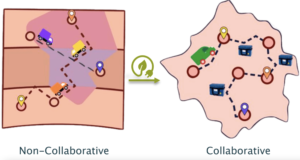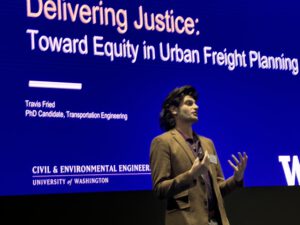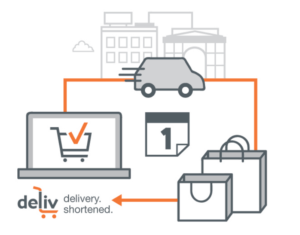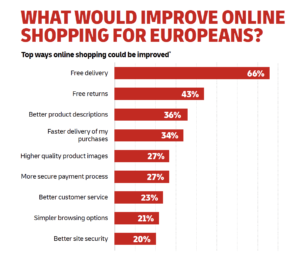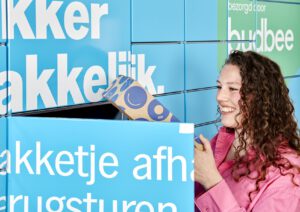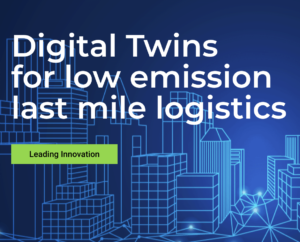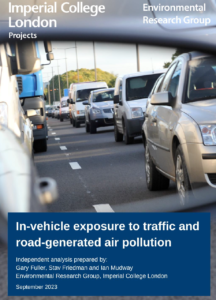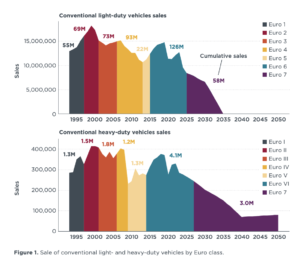Research: costs and benefits of a low emission zone for city logistics
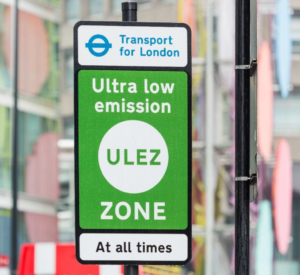
A new paper aims to quantify the environmental and economic impacts of a low-emission zone in the context of urban freight transport. The research combines a literature review, behavioral data, urban freight transport, environmental models, and cost-benefit analysis methodologies. Through this methodological framework, the researchers examine the costs and benefits of implementing a low-emission zone …


